#the histories
Text
If you HAD to choose!
16 notes
·
View notes
Text
Herodotus on the impermanence of human prosperity
τὰ γὰρ [ἄστεα] τὸ πάλαι μεγάλα ἦν, τὰ πολλὰ σμικρὰ αὐτῶν γέγονε· τὰ δὲ ἐπ’ ἐμεῦ ἦν μεγάλα, πρότερον ἦν σμικρά. τὴν ἀνθρωπηίην ὦν ἐπιστάμενος εὐδαιμονίην οὐδαμὰ ἐν τὠυτῷ μένουσαν, ἐπιμνήσομαι ἀμφοτέρων ὁμοίως.
For many [city-] states that were once great have now become small: and those that were great in my time were small formerly. Knowing therefore that human prosperity never continues in one stay, I will make mention alike of both kinds.
Herodotus Histories Book I 5,4 (English translation by A. D. Godley, with only one modification in the bracket by me)
31 notes
·
View notes
Text
Might expand this into a bracket if I feel so inclined. I’ve included characters I feel like have received the tumblr sexyman treatment, but I’ve definitely missed some.
#Shakespeare#polls#sexyman#tumblr sexyman#Shakespeare fandom#hamlet#julius ceaser#Coriolanus#a midsummer night's dream#twelfth night#the henriad#king Lear#the histories
40 notes
·
View notes
Text
Gücelleme:
Heredotos'un Tarih kitabını okuyorum. Çeviri olarak da çok güzel yazar da çok güzel yazmış boşuna tarihin babası değil adam. Bu daha ilk sayfalardan tekrar okuyabilirim bu kitabı ne kadar geniş hacimli olsa da ...
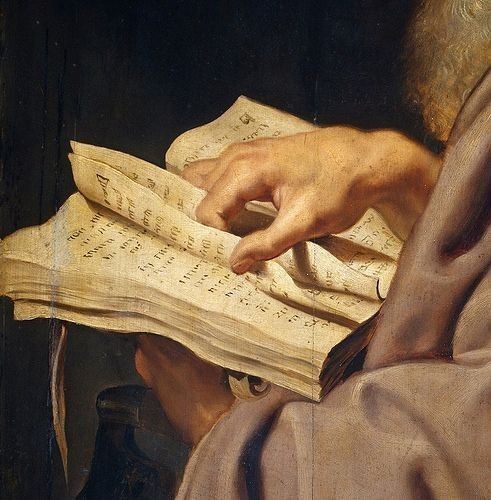

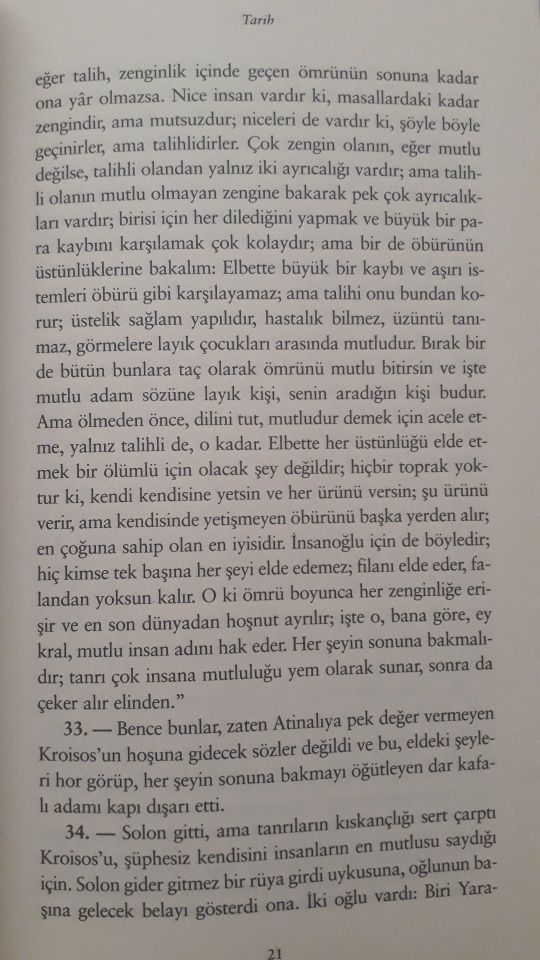
3 notes
·
View notes
Text
One day I want to see richard ii through to henry v live as consecutive plays. Feel like that's the only thing that could fix me at this point.
2 notes
·
View notes
Text
Please please please please please let this be building to Seth/KO vs Roman/Sami
13 notes
·
View notes
Link
Hello everyone! This year’s Histories Ficathon is now open for Tag Nominations and Sign-Ups! They will be open for three weeks, closing 4 June 11:59PM (EDT).
This year, we are allowing requests for fics crossing over with medieval and early modern texts so we have a brand new tagset just for them. Please check out the collection on AO3 for more information and links to the tagsets!
If you have any questions, please ask @skeleton-richard or myself!
#histories ficathon#histories ficathon xiii#historiesficathon2022#king john#richard ii#henry iv#henry v#henry vi#edward iii#richard iii#shakespeare#william shakespeare#the history plays#the histories
16 notes
·
View notes
Text



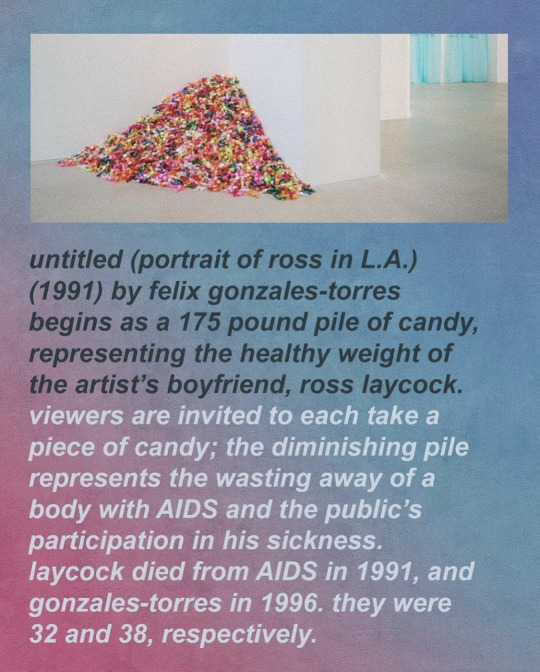

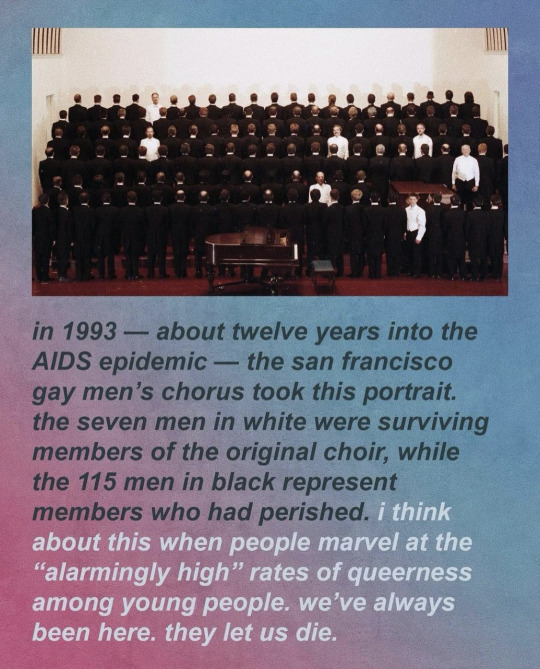


124K notes
·
View notes
Text

I swear once you start digging out their crimes you'll dig to hell and back.
This article is more that 24 years old
#palestine#free palestine#gaza#free gaza#gaza genocide#israel#genocide#current events#jerusalem#history
75K notes
·
View notes
Text

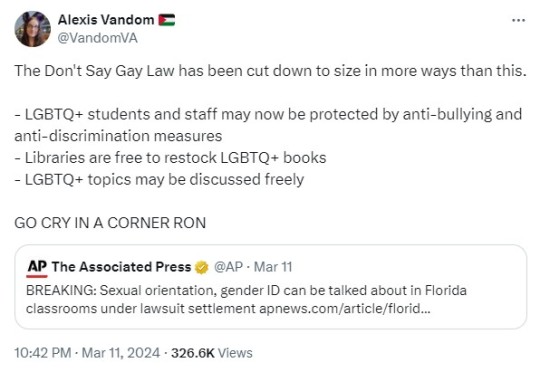
"The Don't Say Gay Law has been cut down to size in more ways than this.
- LGBTQ+ students and staff may now be protected by anti-bullying and anti-discrimination measures
- Libraries are free to restock LGBTQ+ books
- LGBTQ+ topics may be discussed freely
GO CRY IN A CORNER RON
Florida teachers can discuss sexual orientation and gender ID under ‘Don’t Say Gay’ bill settlement
#lgbt#lgbtq#don't say gay#ron desantis#fuck you desantis#florida#lgbt awareness#lgbt discrimination#lgbt history#lgbtqia+
52K notes
·
View notes
Note
this is a very vague question im sorry but how do you like. read the histories. like do i have to know the historical context and stuff to understand them or can i just go for it.
You really don’t need any context—Shakespeare gives most of the necessary info to you and the footnotes in any decent copy will provide anything else you need that would’ve been common knowledge in his day. The hardest thing is keeping track of the characters! I recommend you write them down and cross them out as they die if you’re having trouble!
Other than that, there are a few orders you can read them in (and you can really start with pretty much any of them), but for continuity’s sake, my preference is reading them in the order that the events depicted happened historically so:
1. Richard II
2. Henry IV Part 1
3. Henry IV Part 2
4. Henry V
5. Henry VI Part 1
6. Henry VI Part 2
7. Henry VI Part 3
8. Richard III
#shakespeare#the histories#Richard II#1 henry iv#2 henry iv#Henry v#1 Henry vi#2 Henry vi#3 Henry vi#Richard iii#asks
14 notes
·
View notes
Text
“In conclusion, I hope to have demonstrated that Herodotus establishes in his prologue a relationship of considerable complexity with his poetic predecessors and contemporaries. From the outset he presents his monumental historical narrative of the Greco-Persian wars as simultaneously indebted and opposed to a network of poets, whose Panhellenic cultural prestige he challenges in the innovative medium of prose. Epic—specifically, Homeric epic—is tacitly acknowledged as a model of primary importance: Herodotus adopts the martial subject matter of the Iliad and projects the persona of the peripatetic Homeric hero Odysseus. In abandoning the deeply retrospective glance of the epic tradition to perpetuate the kleos of
fully human warriors, Herodotus follows the example of various poets and artists who celebrated the great Greek victories over the Persians in the early decades of the fifth century. At the same time, Herodotus implies that his own new medium of prose historiê, committed to writing, will surpass poetry’s ability to perform its traditional function of public commemoration. Herodotus constructs the entire prologue as an ingenious prose priamel, a poetic rhetorical structure that enables him to emphasise important points of contact with and departure from Homeric epic, Sappho’s fr. 16, and the portrayal of Croesus in epinician poetry. Finally, at the transition from prologue to narrative proper (1.5.4), Herodotus summarises his perception of historical change as rooted in the transience of human prosperity, introducing this insight with a distinctive term (ἐπιστάµενος) that signals his appropriation of the cultural authority typically bestowed by his contemporaries upon the poetic sage.87"
From the article of Charles C. Chiasson “Herodotus’ Prologue and the Greek Poetic Tradition”, Histos 6 (2012), 114-143 (conclusion).
Source:
10 notes
·
View notes
Text
1963 Refrigerator 🤔
#pay attention#educate yourselves#educate yourself#knowledge is power#reeducate yourself#reeducate yourselves#think about it#think for yourselves#think for yourself#do your homework#do some research#do your own research#ask yourself questions#question everything#american history#history lesson
66K notes
·
View notes
Text

61K notes
·
View notes
Text
I am not the divine masculine or the divine feminine I am the divine comedy and you will address me as such
71K notes
·
View notes